EdRev Expo Workshop: Mindful Games & Activities: Developing a Mindfulness Practice for Students with Learning Differences [presentation]
“Mindfulness is a form of attention or awareness training that can be applied in any activity throughout the day- seeing, hearing, walking, eating, playing and homework. Its purpose is to increase self awareness, emotional balance, impulse control and overall focus.” (Mindful Schools 2013). In this session, middle school learning specialist Cori Maiden, M.S.Ed, and music teacher Cynthia Pistone, both from Charles Armstrong School, show how to practice these skills with students through mindful activities and games. Read more ›
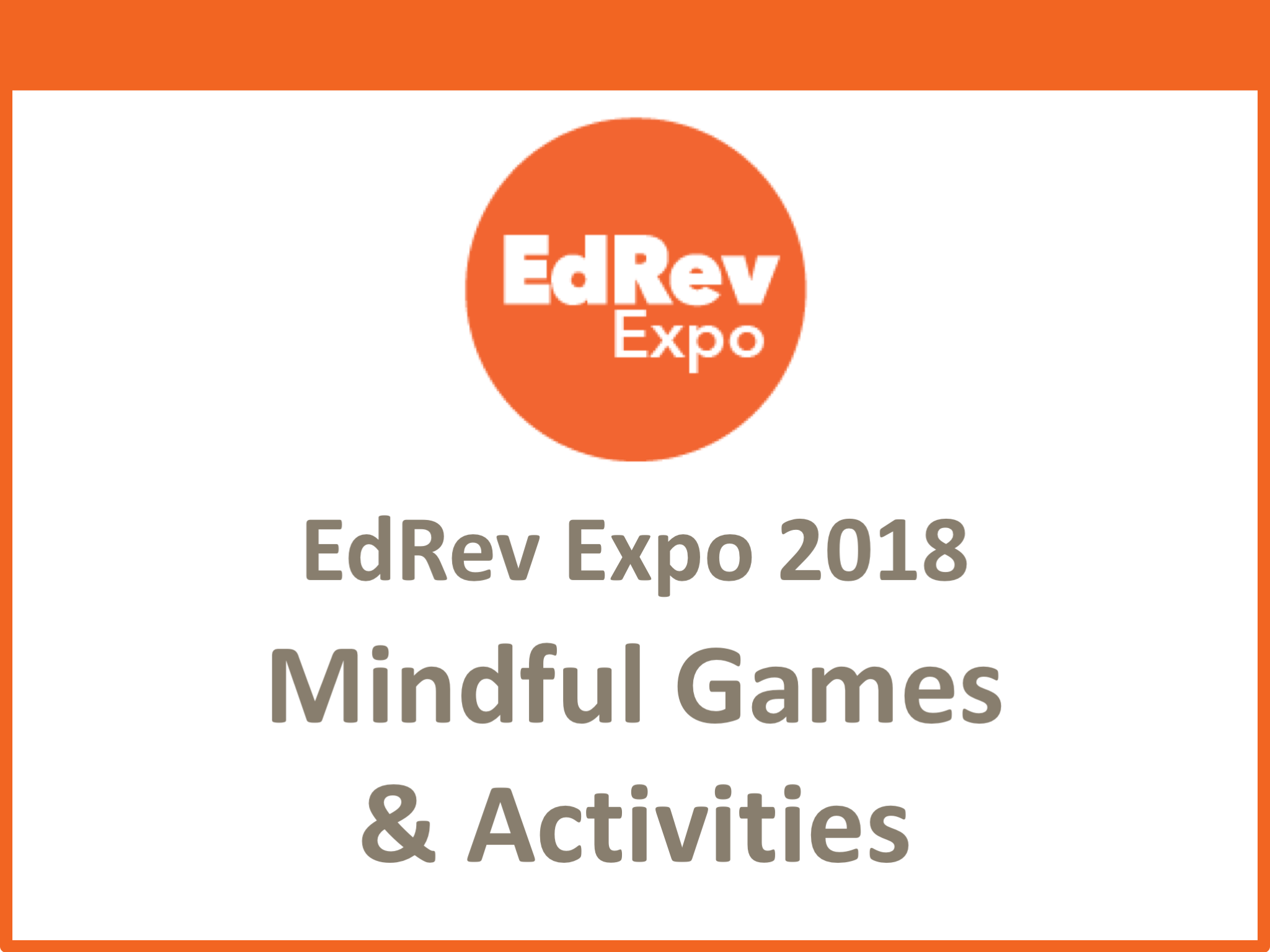

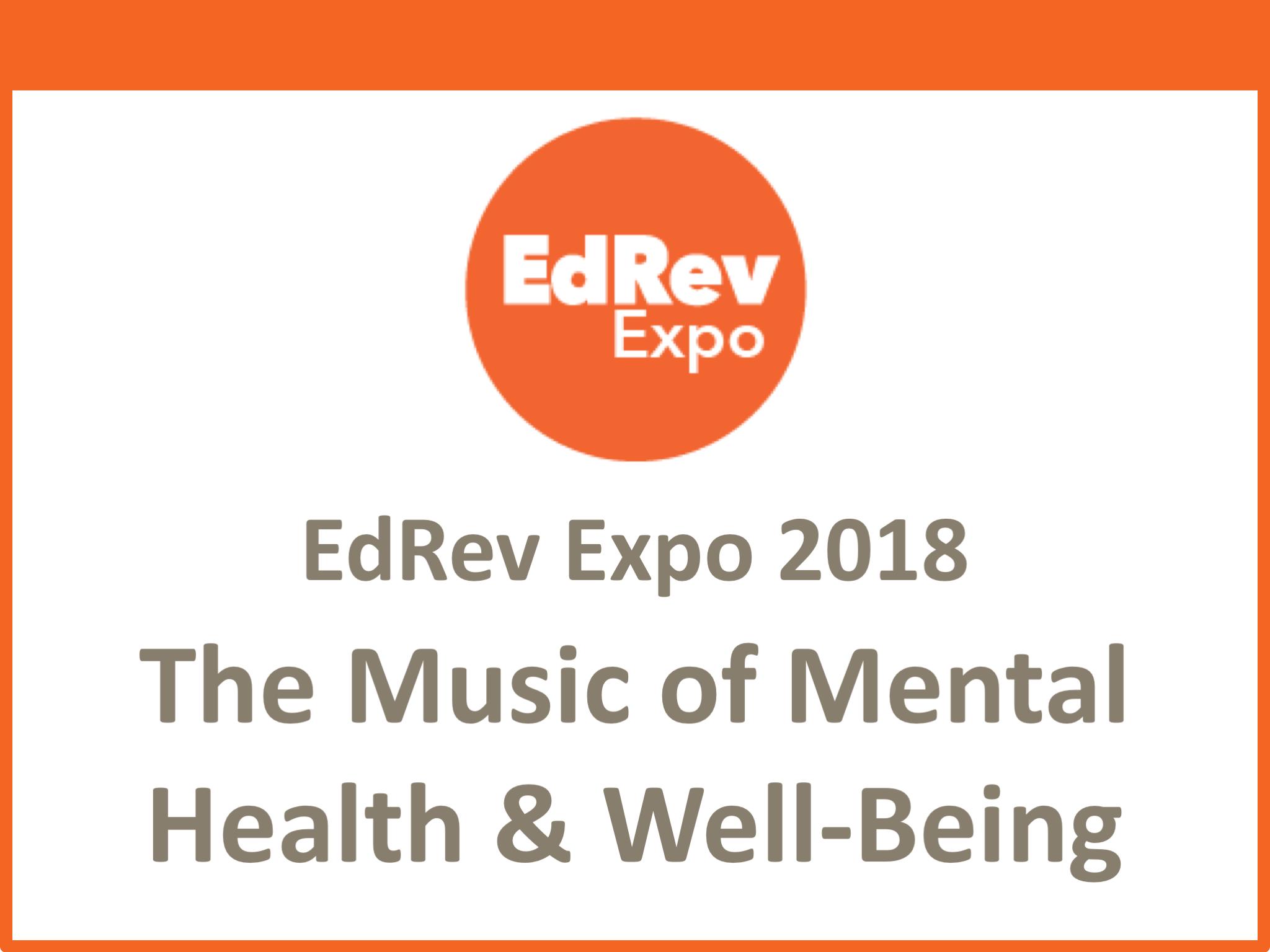
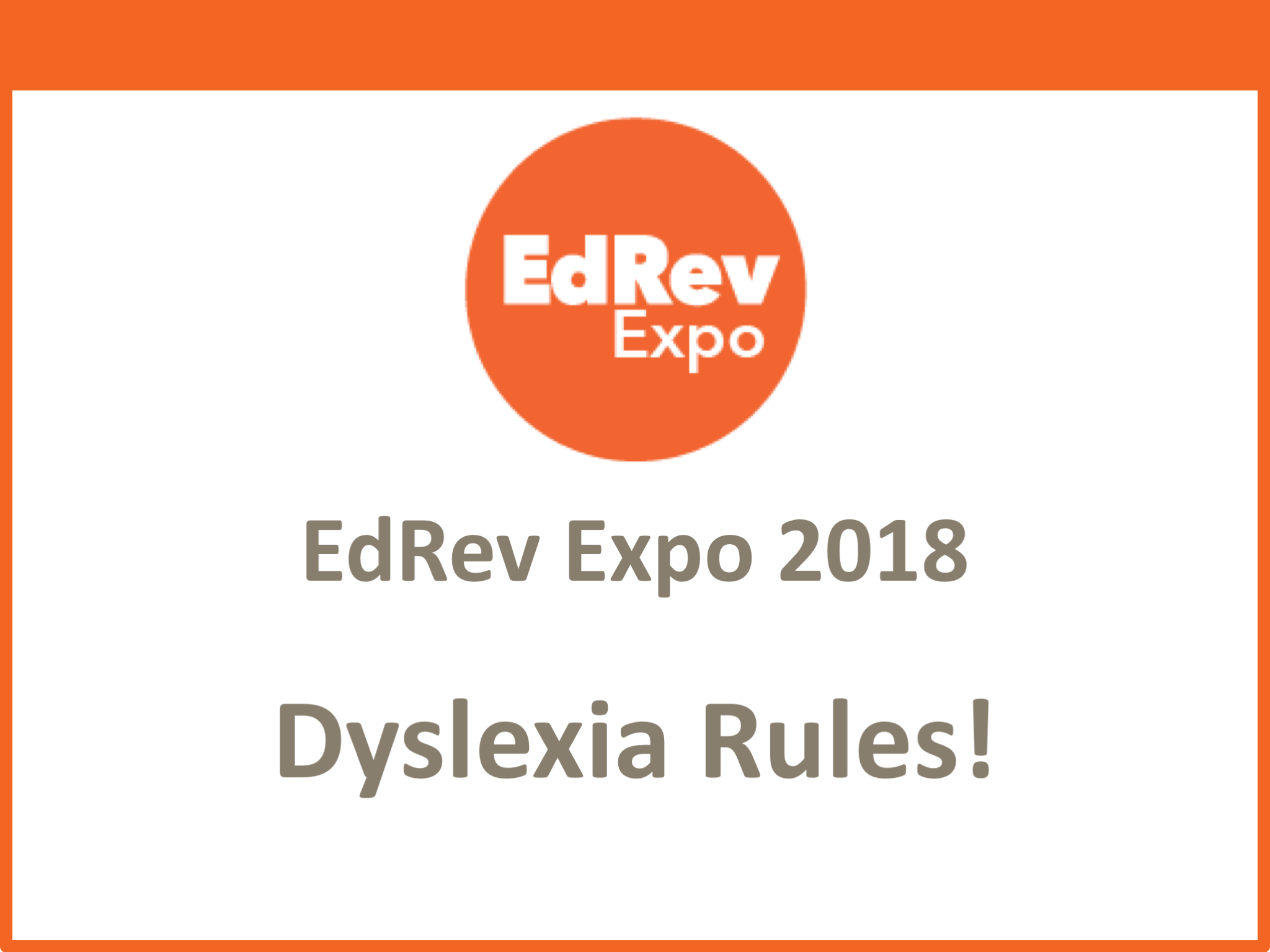

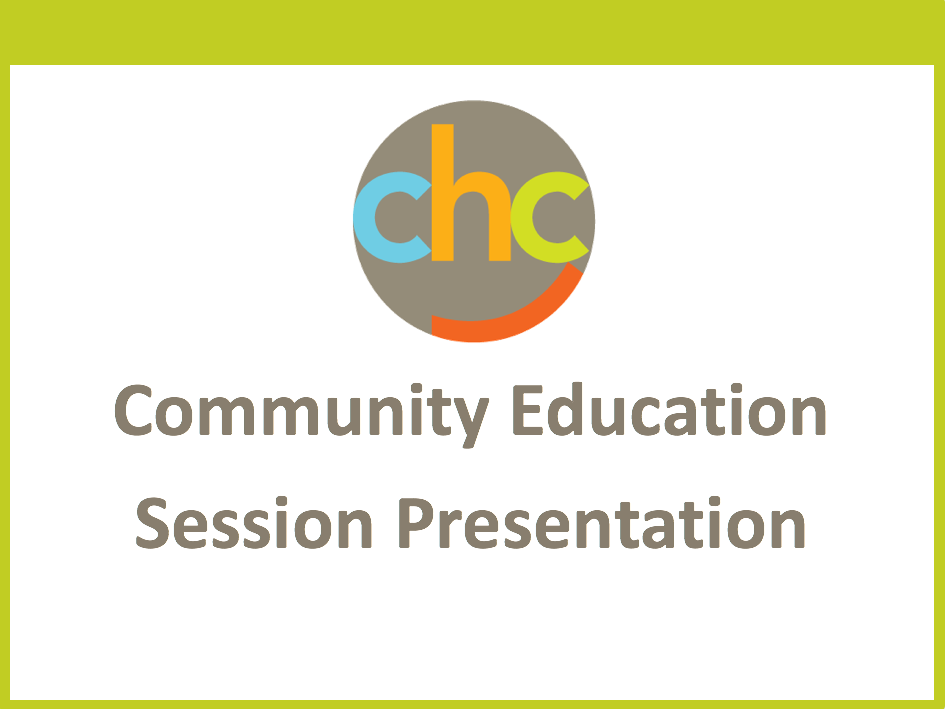
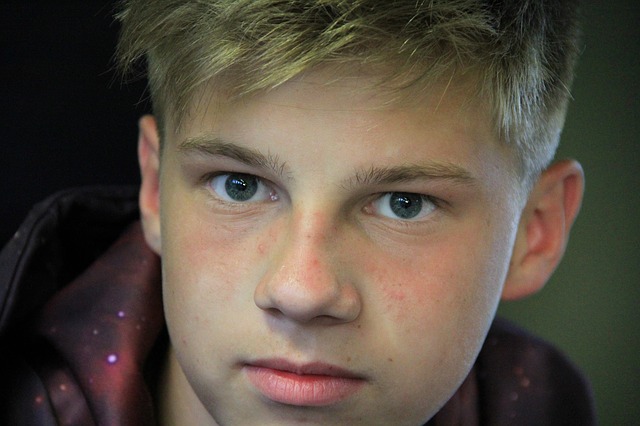
 National data indicates that about one-third of teenagers will experience an anxiety disorder, with 8 percent seriously impaired. Research and anecdotal evidence suggest that these numbers, higher than in decades past, reflect a real increase, not just a rise in reporting.
National data indicates that about one-third of teenagers will experience an anxiety disorder, with 8 percent seriously impaired. Research and anecdotal evidence suggest that these numbers, higher than in decades past, reflect a real increase, not just a rise in reporting. 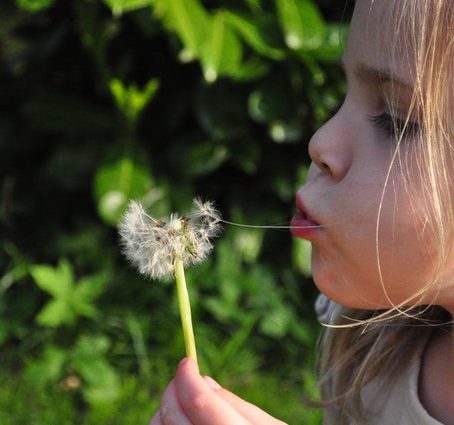
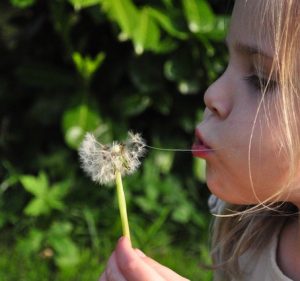 There are days (okay, maybe a lot of days) where we feel like we’re constantly saying “don’t” and “no.” It’s our job as parents to set and enforce boundaries and to keep our children safe. Our children also need to hear us say things will make them feel good about themselves— things that can lift their spirits and sustain them in good times and bad.
There are days (okay, maybe a lot of days) where we feel like we’re constantly saying “don’t” and “no.” It’s our job as parents to set and enforce boundaries and to keep our children safe. Our children also need to hear us say things will make them feel good about themselves— things that can lift their spirits and sustain them in good times and bad. 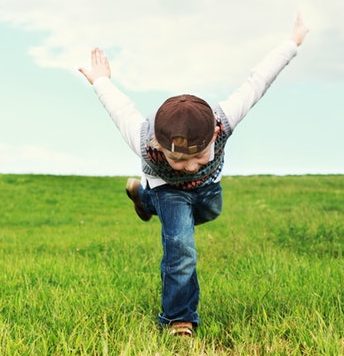
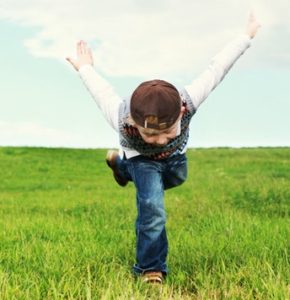
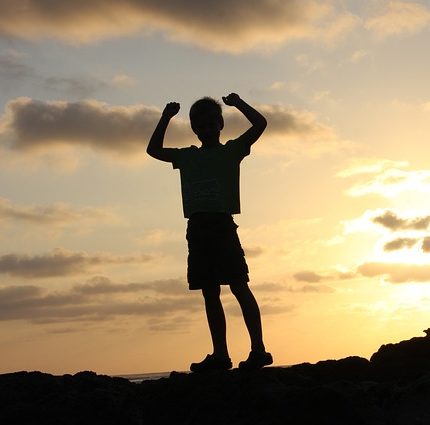
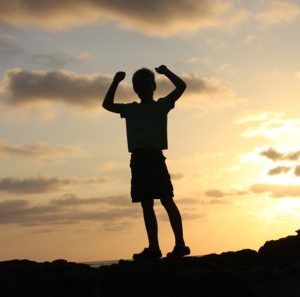 Assertive communication is a hard skill to learn. Our culture tends to reward aggression. Putdowns are framed as humor in cartoons and sitcoms, and the internet can be a platform for bullying. It’s hard to find examples of assertiveness in the public sphere.
Assertive communication is a hard skill to learn. Our culture tends to reward aggression. Putdowns are framed as humor in cartoons and sitcoms, and the internet can be a platform for bullying. It’s hard to find examples of assertiveness in the public sphere.

